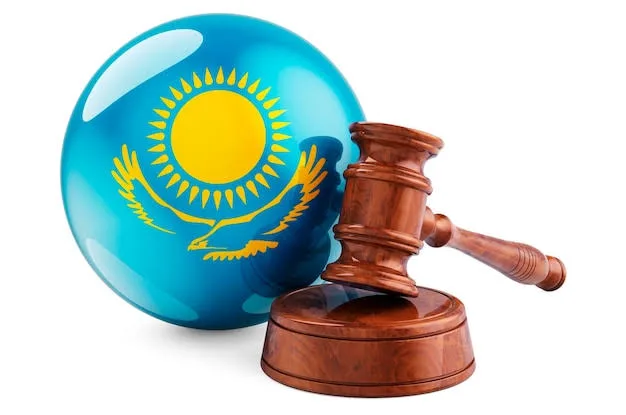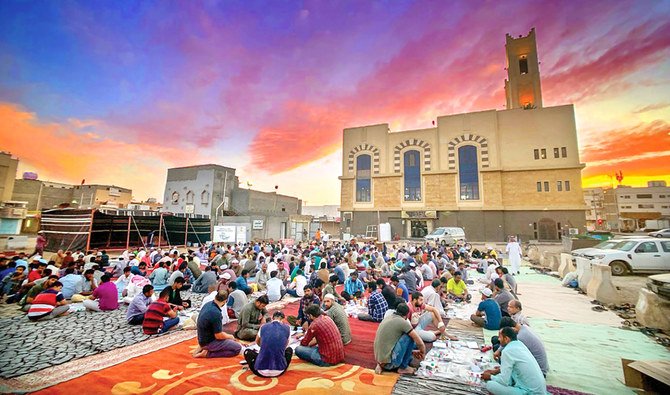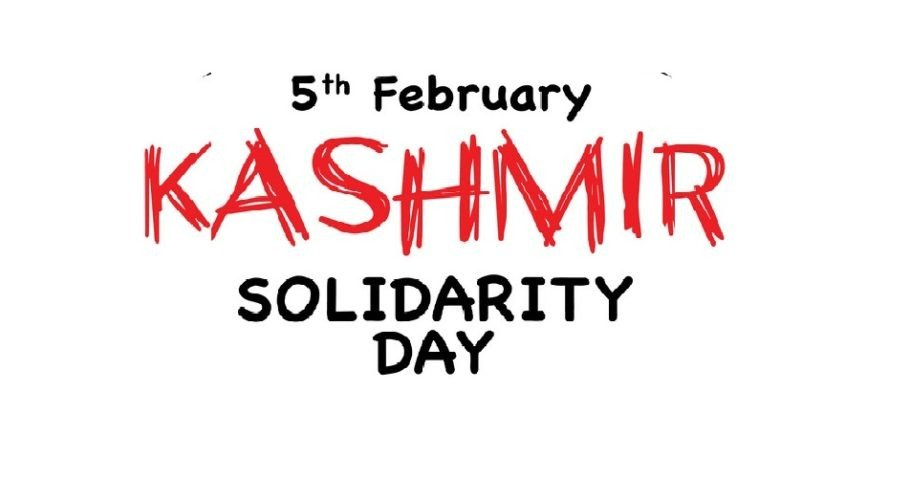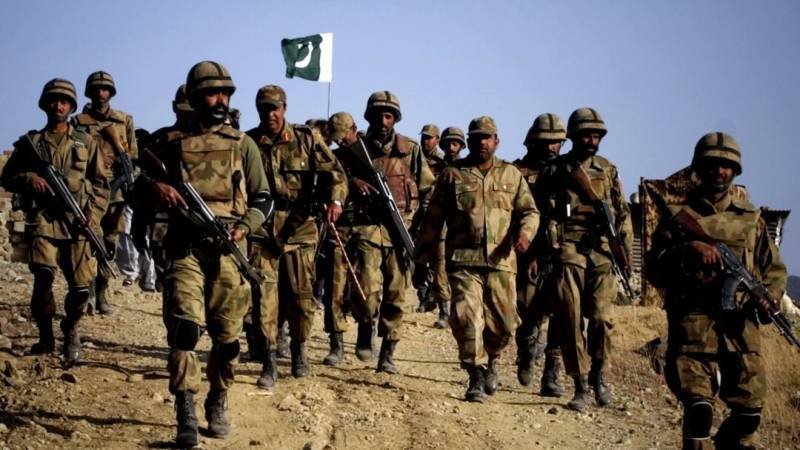Overview
On April 15, 2024, President Kassym-Jomart Tokayev enacted the laws of Kazakhstan “On Amendments and Additions to Certain Legislative Acts of the Republic of Kazakhstan Regarding the Protection of Women’s Rights and Children’s Safety” and “On Amendments and Additions to the Administrative Offenses Code of Kazakhstan Regarding the Protection of Women’s Rights and Children’s Safety.” These laws significantly strengthen protections for women and children. Kazakhstan’s Senate passed the legislation on April 11, following its approval on February 21 by the Mazhilis, the lower house of the Kazakh Parliament. This law has become the first in the Commonwealth of Independent States region to introduce novel measures for the protection of women and children.
The legislation was developed under the direction of President Tokayev, by the Commissioner for Children’s Rights, members of Parliament, and government agencies. It includes a comprehensive set of measures to create infrastructure that assists families and children and prevents violence. Additionally, it strengthens accountability for all forms of violence against children, including the criminalisation of beatings and causing minor physical harm.
New legislative measures to protect women
One of the objectives of the new legislation is to combat male chauvinism embedded in societal consciousness and legal systems. It aims to address laws that traditionally prioritise men’s interests and overlook women’s vulnerabilities.
- Criminal Liability Reinstated: Reinstates criminal liability for minor health harm and battery, removed in 2017. Removes reconciliation possibilities in repeated battery cases to minimise domestic violence.
- Stricter Penalties for Serious Crimes: Eliminates lesser punishments like restrictions of freedom for moderate and severe health damage; only imprisonment up to 8 years is now applicable.
- Increased Accountability: Criminalises intentional infliction of minor health damage. Previously, systematic abuse had to be proven; now, cruelty and mockery are sufficient grounds for punishment.
- Battery as a Criminal Offence: Includes fines up to 80 MCI (Monthly Calculation Index) or arrest for up to 25 days, with aggravated circumstances increasing penalties.
- Enhanced Accountability for Torture: Sets imprisonment terms from 2 to 3 years, extending up to 7 years under aggravating circumstances.
- Preventative Nature of Law: Allows criminal prosecution of intentional minor health damage and battery irrespective of victim’s complaint, emphasising inevitable punishment.
- Protection Provisions: Introduces the possibility of isolating offenders for 30 days and imposing a no-contact order with the victims to aid their psycho-emotional rehabilitation.
- Tougher Penalties for Minor Health Damage: Fine up to 200 MCI or arrest for up to 50 days, with aggravated circumstances leading to even harsher penalties.
- Deterrence Against Aggression: Significant fines and arrest durations for even the smallest acts of battery to deter potential abusers.
- Domestic Violence Law Impact: Encourages women to leave abusive relationships by providing legal protections and escape avenues. It criminalises battery and minor health damage, and increases punishments for moderate to severe health damage, empowering women against abusers.
- Comprehensive Socio-Cultural Ecosystem: Includes increased penalties for crimes against minors, enhanced crime prevention, and psychological and educational support to foster a safe environment.
New legislative measures for child protection
- Societal Importance: Emphasises the well-being and safety of children as crucial for the future of society and state, reflecting practices in developed countries.
- Strengthened Penalties and Norms: Increases penalties for violence against women and children, and strengthens the institution of the family and safety of minors. The Criminal Code now provides a clear list of crimes against minors including health harm, kidnapping, and murder, with no exemption from criminal responsibility due to reconciliation.
- Severe Punishments for Major Offences: Life imprisonment for the murder of a minor, rape of a minor, and violent sexual actions against a minor. Kidnapping penalties increased to 10-15 years, and illegal confinement to 5-10 years.
- Sexual Harassment Liability: Establishes criminal liability for sexual harassment of individuals under 16. Penalties include corrective labour up to 200 MCI, community service up to 200 hours, or arrest up to 50 days, with possible additional restrictions on employment.
- Zero Tolerance for Severe Crimes: Mandates life imprisonment for paedophiles and child murderers, establishing a societal zero tolerance policy.
- Suicide Prevention and Accountability: Extends criminal liability to include inciting and assisting in suicide, with penalties of 5-9 years imprisonment for offenses involving minors.
- Combating Bullying in Schools: Introduces administrative liability for bullying, including cyberbullying, of minors with fines or warnings. Increased fines for repeated offenses, with parental accountability for bullying by minors aged 12 to 16.
- Mandatory Reporting by Educational Organisations: Requires schools to report any unlawful acts committed by or against minors to law enforcement immediately.
- Protection in Public Transport: Addresses the issue of minors under 16 being expelled from public transport, now punishable by a fine of 18,460 tenge ($41). This measure aims to enhance the safety of children traveling alone.
New legislative measures to strengthen the family institution
- Enhancement of Child Rights Commissioner’s Role: The law expands the development of the Child Rights Commissioner’s institution, aiming to improve child welfare and protection.
- Establishment of Contact Centre for Family Matters: For the first time, legal foundations are set for a contact centre concerning family matters and the protection of women’s and children’s rights. This centre, a legal entity, will be designated by the authorised body in informatisation.
- Support for Families Facing Domestic Violence: The law introduces Family Support Centres within local executive bodies to provide psychological, legal, and social support. Individuals affected by domestic violence can reside at these centres for up to a month, with employers required to grant up to 30 days of unpaid leave to these employees.
- New Principles in Marital and Family Legislation: Introduces principles focused on the protection, preservation, strengthening, and promotion of traditional family values. These principles encompass the institutions of marriage, family, fatherhood, motherhood, and childhood.
- Moral and Spiritual Education: Emphasises providing moral and spiritual education to children, fostering respect for universal, national, traditional, cultural, and family values in accordance with the Constitution and laws.
Kazakhstan’s reforms and international commitments
The legislation to combat domestic violence in Kazakhstan represents a robust and comprehensive response, aligned with President Kassym-Jomart Tokayev’s directives from his state-of-the-nation address in September 2023.
It emphasises tougher responsibilities for domestic abuse and aims to protect fundamental rights, which President Tokayev highlighted as a key priority of state policy.
President Tokayev, in his remarks at the third meeting of the National Kurultay (Congress) in March this year, explicitly identified domestic violence as a social evil that requires uncompromising action, reflecting the government’s commitment to addressing this critical issue through legislative action.
- Implementation of the “Law and Order” Principle: President Tokayev aims to establish the rule of law and form a just society, with all issues resolved within the legal framework, as a central part of his electoral program.
- Implementation of Tokayev’s Formula “Strong President – Influential Parliament – Accountable Government”: Legislation passed by Parliament, endorsed by the Prime Minister, showcases an increased role of the legislative body in tackling major social issues, reflecting a collaborative effort between Parliament and Government to strengthen the political system.
- Realisation of a Just Kazakhstan: Recognition of violence against women and children as a severe social issue has led to new laws, supported by the President, demonstrating a responsive state that aligns with public demand. This constructive interaction between civil society and the state, championed by President Tokayev, has gained widespread approval and support, moving towards a vision of a just Kazakhstan.
- International Recognition: Kazakhstan’s efforts in legislative reform and law enforcement to combat violence against women and children have been showcased at international venues, including the UN General Assembly in New York and the Central Asia Women’s Dialogue in Brussels.
- Leadership in Gender Mainstreaming: Recognised as a regional leader in gender mainstreaming. At the 2021 Global Forum “Generation Equality” in Paris, Kazakhstan announced commitments to fight gender-based violence and promote economic justice.
- Support for the Spotlight Initiative: Kazakhstan actively participates in the joint UN and European Union project aimed at eradicating sexual violence and harmful practices against women and girls in Central Asia and Afghanistan.












